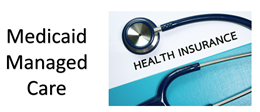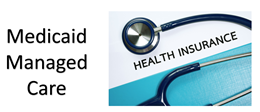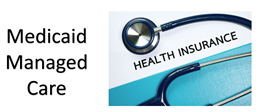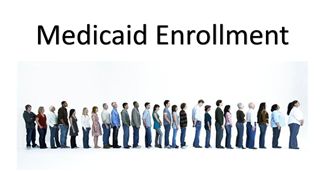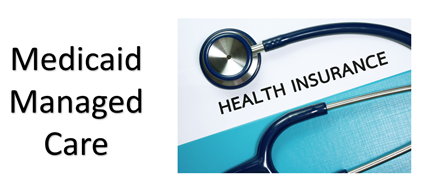MM Curator summary
A recent CMS audit of wages paid in hospitals will likely be used to increase the wage index used for rural hospital reimbursement.
The article below has been highlighted and summarized by our research team. It is provided here for member convenience as part of our Curator service.
12-30-2020 | A-01-20-00502 | Complete Report
Why We Did This Audit
The Centers for Medicare & Medicaid Services (CMS) has characterized its bottom quartile wage index adjustment as a way to increase the accuracy of the hospital wage index system. We are issuing this data brief because wage index accuracy is essential to the primary objective of the inpatient and outpatient prospective payment systems (IPPS and OPPS), which is to create incentives for hospitals to operate efficiently, while ensuring that payments are adequate to compensate hospitals for the reasonable costs of high-quality, necessary care. If hospitals are undercompensated because of inaccurate wage indexes, that puts them under financial stress, which could lead to a variety of adverse outcomes, up to and including closure.
The objective of this audit is to analyze certain characteristics of the hospitals with area wage indexes (AWIs) in the bottom quartile for 2020 to provide information to CMS and other stakeholders during the implementation of CMS’s bottom quartile wage index adjustment. We are providing the results of this audit in the form of a data brief to best present our results at this stage in the anticipated 4-year period during which CMS plans to adjust the wage indexes in the bottom quartile.
What Is an Area Wage Index? What Is “Circularity”?
CMS calculates AWIs annually and uses those AWIs to adjust Medicare standard payments to hospitals in the inpatient and outpatient prospective payment systems to reflect the prices hospitals face in their local labor markets. Researchers and stakeholders use the term “circularity” to refer to the fact that CMS calculates the current year’s AWIs based on wage data submitted by hospitals in their Medicare cost reports. Those wage data are approximately 4 years old when used by CMS to calculate wage indexes. Critics of circularity (or rather of circularity combined with that 4-year time lag) assert that it can prevent some hospitals from raising wages.
What Is the Bottom Quartile Wage Index Adjustment?
For 2020 (Federal fiscal year (FFY) for inpatient claims and calendar year for outpatient claims), CMS raised AWIs in the bottom quartile (the lowest 25 percent) to bring them closer to the 25th percentile wage index. CMS did this because, in its opinion, the wage index system had previously been perpetuating and exacerbating low wage indexes because of circularity combined with the 4-year time lag, as described above. Accordingly, CMS has stated that it intends to employ this new tactic of raising the wage indexes in the bottom quartile each year for at least 4 years, with the expectation that the hospitals in the bottom quartile will use the opportunity afforded by higher Medicare payments to raise wages.
We Found That:
- Of rural hospitals in the IPPS, 55 percent had wage indexes in the bottom quartile for FFY 2020.
- Of bottom quartile hospitals, 53 percent were rural.
- Bottom quartile hospitals tended to be smaller and lower-volume hospitals.
- Bottom quartile hospitals were located in 24 States overall, but 41 percent of bottom quartile hospitals were located in just 6 States.
- Most States that did not expand Medicaid under the provisions of the Affordable Care Act had hospitals in the bottom quartile.
- Most States with hospitals in the bottom quartile had the lowest possible State minimum wage.
- The profit margins of hospitals in the bottom quartile varied significantly.
- The average hourly wages of hospitals in the same area sometimes varied significantly. (That is, some hospitals already were paying significantly higher wages than other hospitals in the same area prior to the bottom quartile wage index adjustment.)
Key Take-Away
When post-pandemic conditions allow for new initiatives, CMS could consider focusing the bottom quartile wage index adjustment more precisely toward the hospitals that are the least able to raise wages without that adjustment. Those hospitals are the ones with low or negative profit margins rather than higher, positive profit margins. CMS could also consider studying the question of why some hospitals in a particular area were able to pay higher wages than other hospitals in the same area prior to the implementation of the bottom quartile wage index adjustment. More information might enable CMS to focus the adjustment even more precisely.
Filed under: Centers for Medicare and Medicaid Services
6:54 AM
Clipped from: https://oig.hhs.gov/oas/reports/region1/12000502.asp


